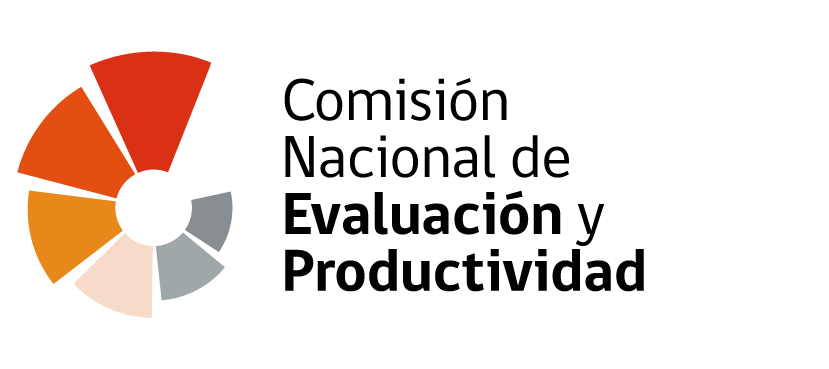In this section, you will find the studies undertaken by the CNEP. This includes research commissioned by the Government of Chile as well as initiatives that originated internally.
Ongoing Studies

Measurement of Processing Times for Mining Investment Permits
This study will identify the time required for processing the permits involved in any mining investment project. Once the baseline time is determined, the CNEP will continue to monitor any variations in the timelines to assess the level of compliance to reduce them by 33.3%, a commitment made by the government within the framework of the Copper Mining Royalty Law.

Evaluation of Territorial Planning and Zoning in Chile
This exploratory study will be a chapter of the 2024 Annual Evaluation Report. It will analyze the evaluation of territorial planning and zoning in Chile, emphasizing its impact on sustainable development, which considers social, environmental, and economic variables.

Productivity, STEM Professional Training
This exploratory study will be part of one of the chapters in the Annual Evaluation and Productivity Report 2023. It will analyze the relationship between the education of professionals in Natural Sciences, Technology, Engineering, and Mathematics (STEM) and the country’s productivity. The aim is to gather information that will be useful for defining improvements in public policies to encourage and enhance the education of professionals in these areas, ultimately boosting the country’s productivity.
Medium-Term Evaluation Agenda: In the context of the new responsibilities taken on by the National Commission for Evaluation and Productivity (CNEP), regarding public policy evaluation and regulatory quality improvement, the organization is working on a document called the “Medium-Term Evaluation Agenda.” In addition to systematizing the tools used in Chile to evaluate public policies, it will include a diagnosis and recommendations for strengthening and promoting evaluation.

Efficiency in Procurement and Inventory Management in Hospitals
The study on “Efficiency in Procurement and Inventory Management in Hospitals” aims to thoroughly examine and analyze the key factors that impact procurement and inventory management in hospitals, focusing specifically on the acquisition of medical supplies, pharmaceutical products, and consumer goods and services.

Productivity in Telecommunications
The study on “Productivity in Telecommunications” aims to identify the main obstacles that hinder the growth of productivity in various productive sectors due to the increasing provision of telecommunications services. The research proposes measures to enhance their performance, with particular emphasis on identifying the primary barriers to the deployment of high-speed networks in various municipalities of Chile. Additionally, it aims to develop and apply a methodology to measure the impact of implementing these actions.

Study: “Analysis of Priority Sector Permits for Investment in Chile”
The research project titled “Analysis of Priority Sector Permits for Investment in Chile” will primarily focus on identifying permits that are deemed as priority for investment projects in Chile, regardless of the sector they belong to. Furthermore, the study aims to provide a comprehensive list of sector-specific permits that investment projects must consider along with specific licenses that are necessary for investment projects in the most significant sectors of the national economy.



